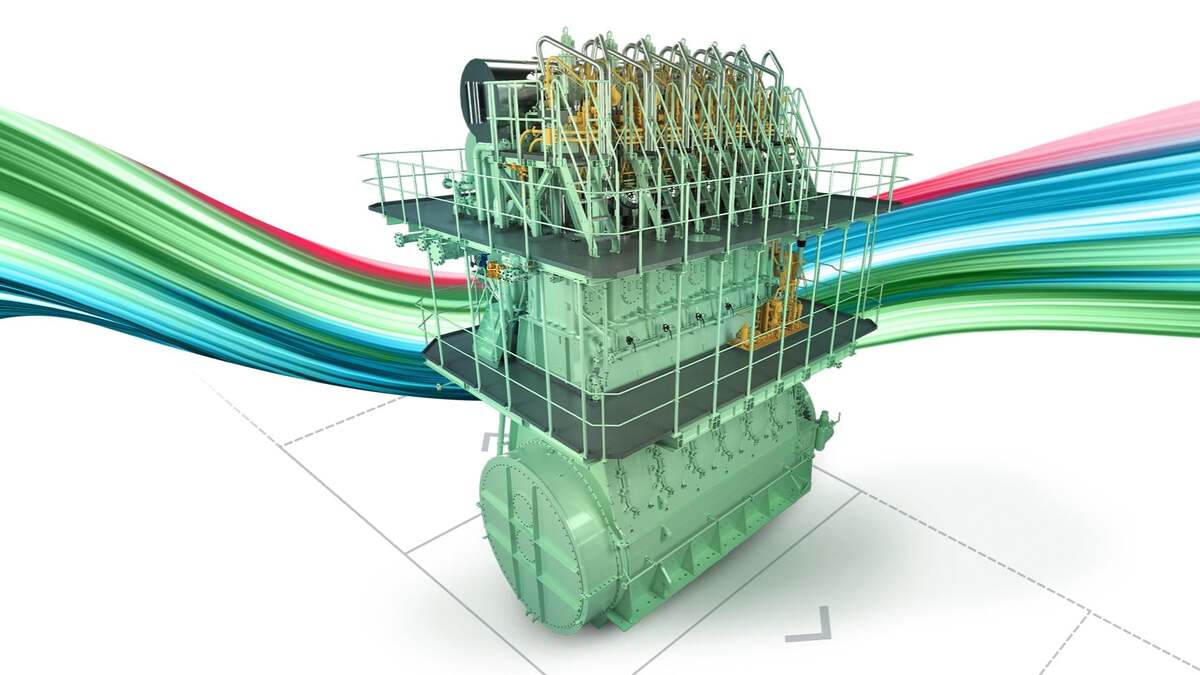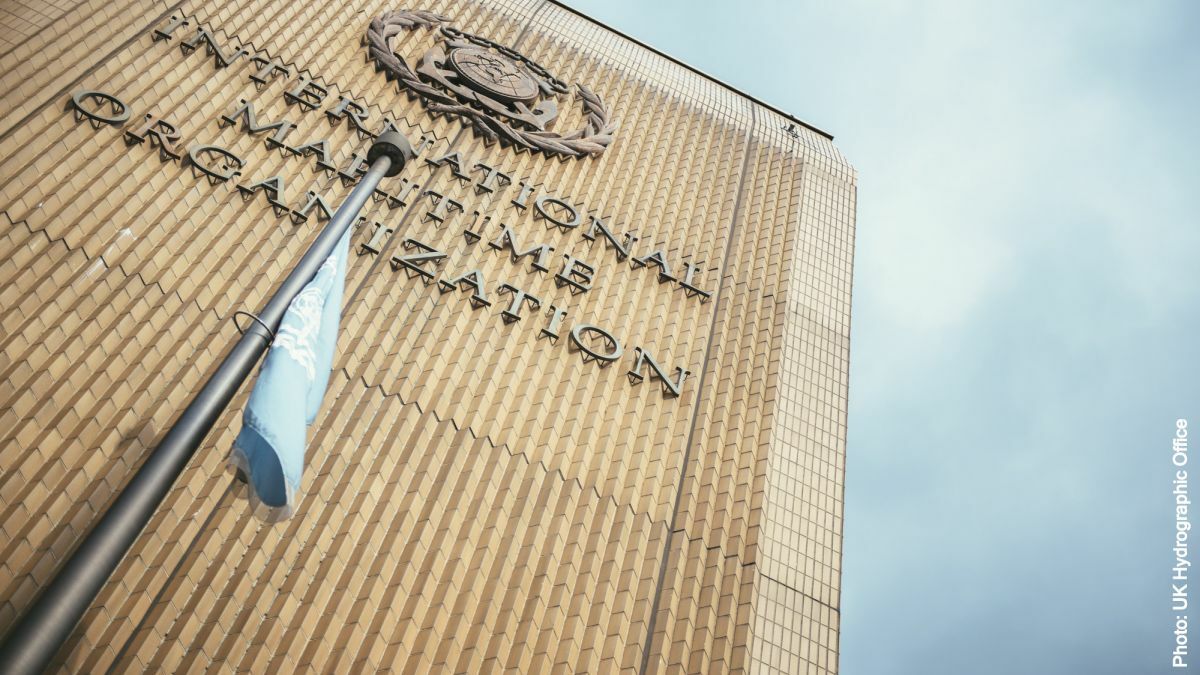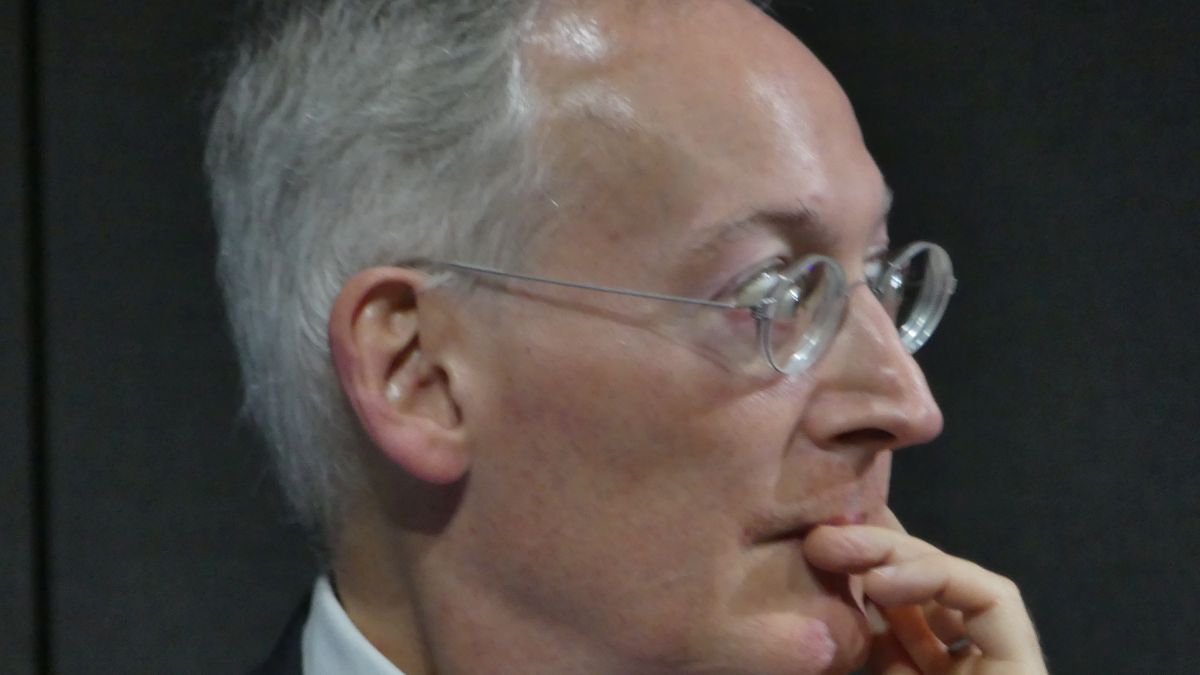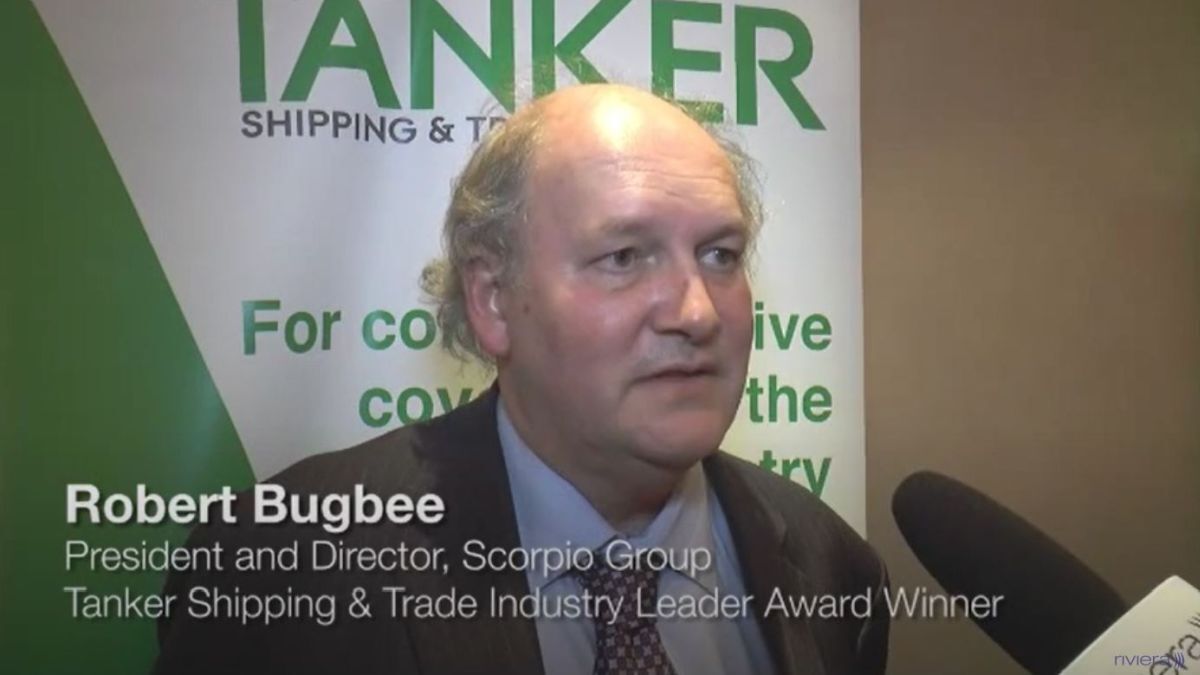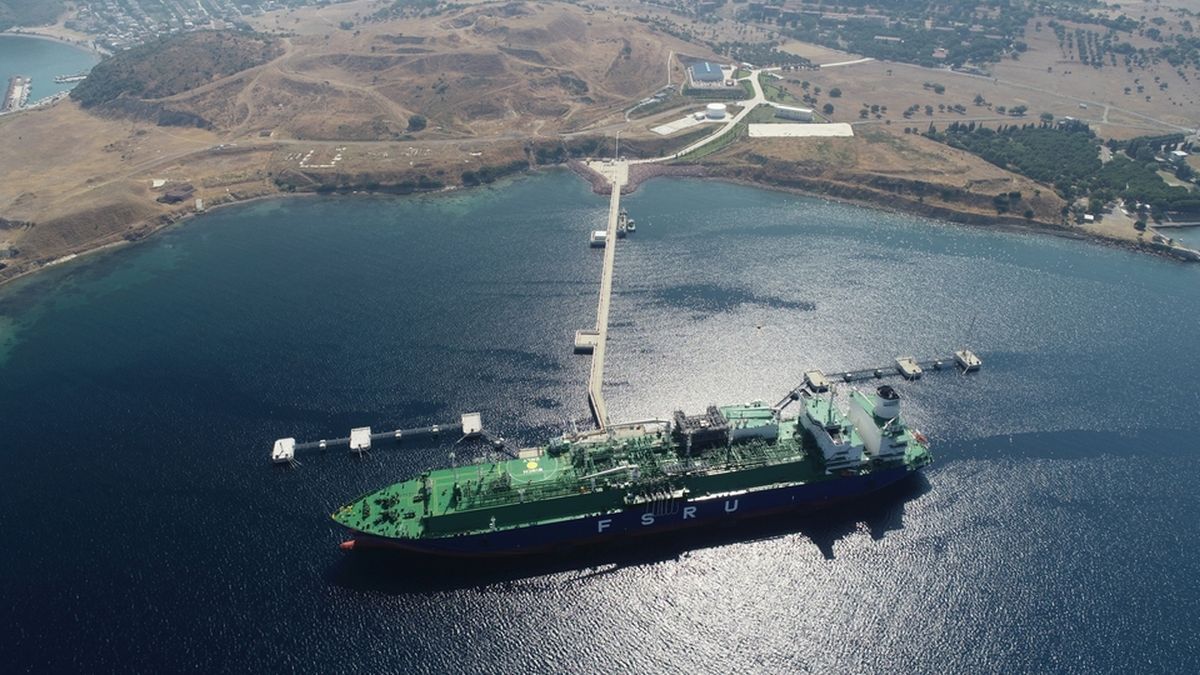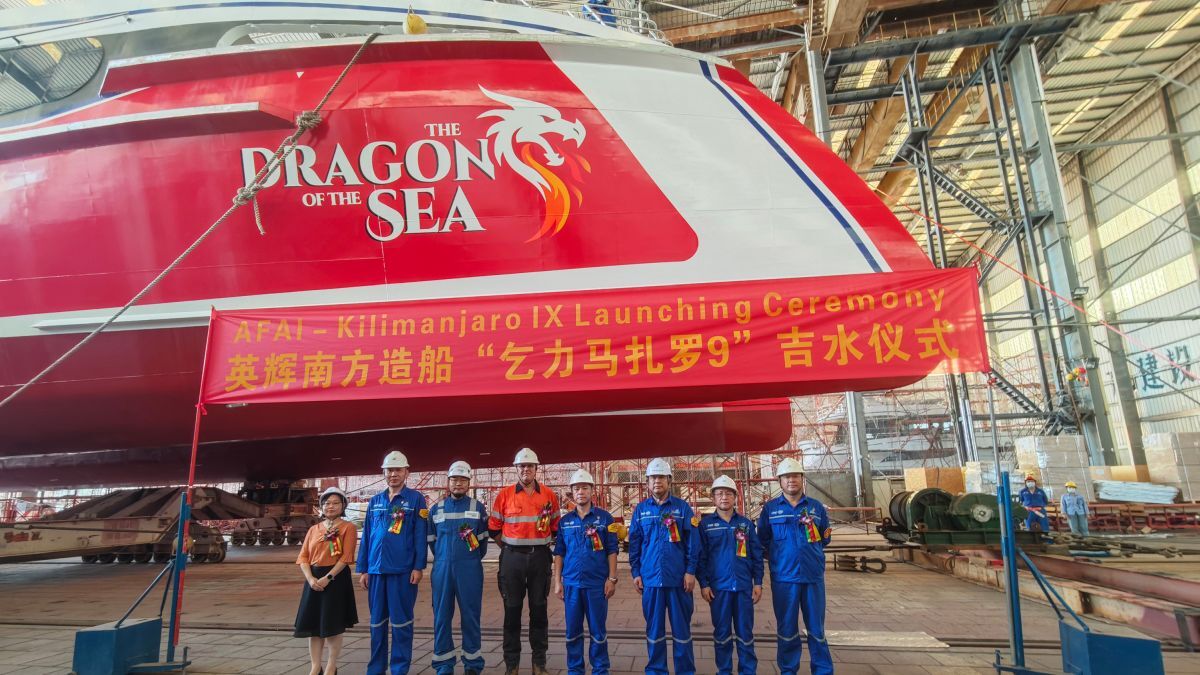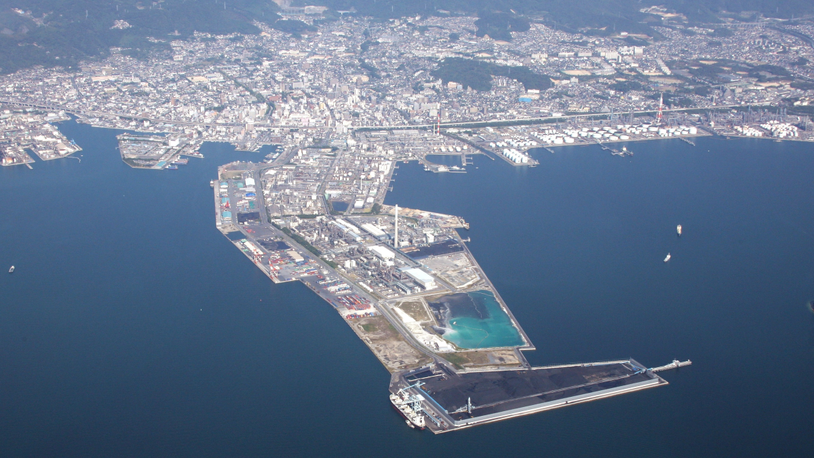Business Sectors
Events
Offshore Wind Webinar Week
Contents
MAN Energy Solutions is propelling carbon-neutral shipping with green engines and alternative fuels
In July 2023, MAN Energy Solutions announced the successful test of an engine running on ammonia at its Research Centre in Copenhagen. The test was performed on a MAN B&W two-stroke engine and produced positive results with particularly promising data regarding the amount of pilot oil required and combustion stability
Electricity generated from renewable sources is enabling the decarbonization of many industrial sectors, but other solutions are needed for the marine sector: you can’t cross the ocean on batteries. That means carbon-neutral fuels are key to the decarbonization of shipping. And green fuels need green engines. MAN Energy Solutions has taken on the challenge and is already producing green engines as part of its “moving big things to zero” strategy.
The MAN Energy Solutions product portfolio is getting a major overhaul because it not only serves many heavy carbon-emitters like the power generation, petrochemical, fertilizer, and cement sectors but also powers about half the marine transport in the world. The focus is now on developing more solutions for synthetically manufactured, low-carbon fuels.
MAN Energy Solutions is future-fuel ready. They already offer fuel-flexible engines that can operate on green methanol, green hydrogen, biofuels, and synthetic natural gas. MAN gas engines can run on 25% hydrogen; 100% hydrogen combustion is coming soon. The world-first methanol dual fuel engine will be followed in 2024 by the first green-ammonia engine.
As we said, green fuels need green engines, but the opposite is also true, and MAN Energy Solutions is working to address that requirement as well. As part of the “moving big things to zero” strategy, the company is investing in the production of green fuels. Notably, it is scaling up the production of green hydrogen by mass-producing PEM electrolyzers through its new subsidiary H-TEC SYSTEMS. MAN power-to-X processes convert renewable energy sources into hydrogen, SNG, methanol, and ammonia.
Retrofits are another aspect of the green engine revolution. The large engines that power marine transportation are built to last – they can’t be replaced either quickly or simply. But many can be retrofitted and upgraded. MAN experts can convert conventional fuel engines into dual fuel systems that can also run on green e-fuels. Upgrading existing machinery is a practical way to balance ecology and economy, and can give vessels a long, clean future.
Planning for future conversion is now a feature of MAN engine design in the two-stroke and four-stroke segments. The new MAN 49/60DF, for example, will comply with emissions legislation well into the 2030s thanks to its high efficiency and low methane slip. But more interestingly, the flexibility of its dual fuel design and its modern engine platform create multiple paths for further decarbonization. The engine was designed with future retrofits in mind, so solutions are easy to implement. Natural gas can be replaced by biogas or synthetic natural gas, and MAN is already working on retrofittable exhaust gas aftertreatment solutions and methanol retrofits.
The viability of green engines is not in question. In 2021, the 1,036-TEU vessel ElbBLUE, retrofitted with a MAN dual fuel engine, became the first container ship worldwide to use climate-neutral synthetic natural gas (SNG) on a commercial trip. In 2024, Maersk will launch the first in a series of eight large carbon-neutral container vessels. These ocean-going ships will be powered by green methanol in dual fuel engines made by MAN Energy Solutions. The launch will mark the first time that a container vessel has ever been powered by a carbon-neutral fuel.
Methanol has made great progress in the two-stroke segment. The MAN B&W ME-LGIM dual fuel engine runs on both methanol and conventional fuels. Available as new build or retrofit, the engine has accumulated more than 500,000 methanol running hours. When operating on green methanol, the MAN B&W ME-LGIM offers carbon-neutral transportation of large merchant-marine vessels.
In July 2023, MAN Energy Solutions announced the successful test of an engine running on ammonia at its Research Centre in Copenhagen. The test was performed on a MAN B&W two-stroke engine and produced positive results with particularly promising data regarding the amount of pilot oil required and combustion stability. MAN Energy Solutions broadly expects to hold its delivery timeline for the first ammonia engine, with subsequent operation onboard a commercial vessel from around 2026.
Find out more here.
Related to this Story
Events
Offshore Wind Webinar Week
Maritime Decarbonisation, Europe: Conference, Awards & Exhibition 2025
Offshore Support Journal Conference, Americas 2025
© 2024 Riviera Maritime Media Ltd.


